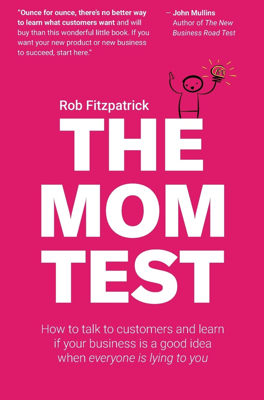Keeping It Casual
Rather than formally scheduling multiple customer meetings, which Rob Fitzpatrick finds inefficient, he advocates for a more casual interaction approach. This method excludes the need for structured meetings and makes conversations natural and less time-consuming, allowing for the gathering of insights quickly and effectively. This approach draws from the concept established in previous chapters about avoiding bias by not revealing your business idea prematurely.
Casual conversations can be instigated spontaneously, even in social settings like industry meet-ups, without the person realizing they're part of a "business meeting." This shifts the focus to genuinely understanding the customer's problems and needs without steering them to think about your product idea.
The effectiveness of informal chats over formal meetings is highlighted with examples, showing that meaningful data can be gathered through simple, casual questions that probe into the customer’s current challenges and behaviors. Asking the right questions, without the pressure of a formal business meeting setting, can yield concrete facts quickly and authentically. Fitzpatrick illustrates this with an anecdote about investigating investors' deal management processes through casual small talk, which led to quick and insightful revelations about their real needs.
Fitzpatrick also warns against the "Meeting Anti-Pattern," which is the tendency to formalize every potential customer interaction. He demonstrates that formalizing can actually hinder the genuine exploration of customer problems and needs. Instead, keeping interactions casual avoids setting up unrealistic expectations and reduces the potential for biased responses.
The chapter closes reinforcing that while initial conversations can be brief and informal, more detailed industry-specific discussions might require longer talks. Even within more structured meetings, the goal should be to maintain casual interaction to prevent bias and promote honest exchanges. This approach ensures that entrepreneurs spend their time efficiently, obtaining vital customer insights without unnecessary formalities.
